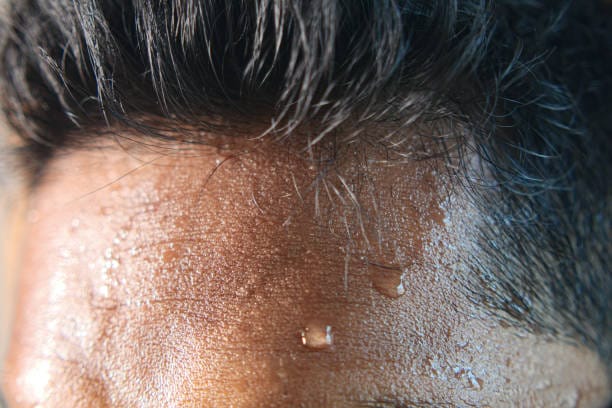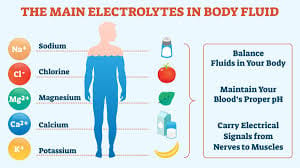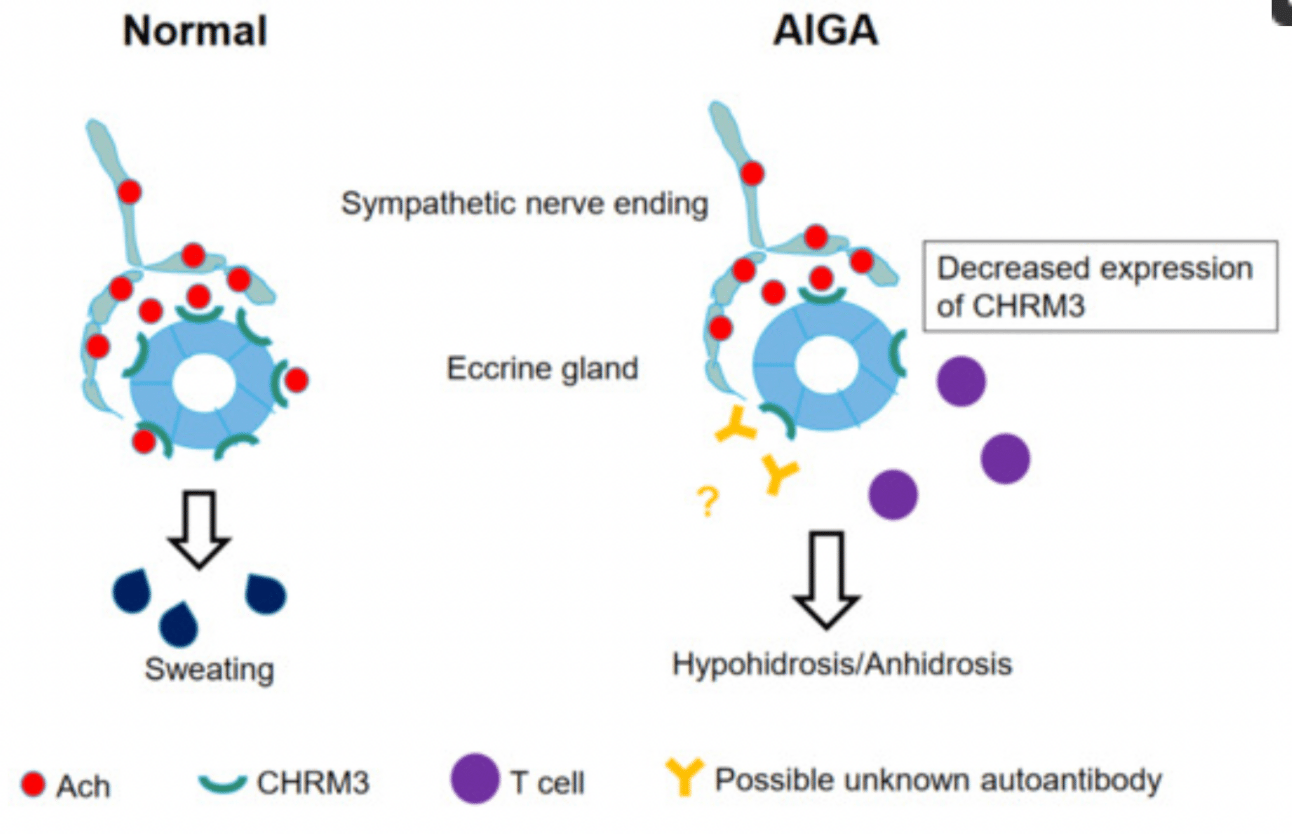- Aeviva
- Posts
- What Your Sweat Says About Your Health
What Your Sweat Says About Your Health
Salty, smelly, or excessive—your sweat could be revealing more about your health than you think. Let’s decode the signs and what they mean for your body.
Sweating is a natural and necessary process—it cools you down, flushes out toxins, and even gives clues about your overall health. But what happens when your sweat smells different, becomes excessive, or barely appears at all?
Your sweat can signal nutrient deficiencies, dehydration, hormonal imbalances, or even underlying health conditions. From excessively salty sweat to sudden body odor changes, let’s dive into what your sweat might be trying to tell you—and when you should pay attention.

Looking for unbiased, fact-based news? Join 1440 today.
Upgrade your news intake with 1440! Dive into a daily newsletter trusted by millions for its comprehensive, 5-minute snapshot of the world's happenings. We navigate through over 100 sources to bring you fact-based news on politics, business, and culture—minus the bias and absolutely free.
The Science of Sweat: What’s Really Happening?
Sweat is more than just water—it contains electrolytes, proteins, and metabolic waste. Produced by two types of sweat glands:
✔ Eccrine glands – Found all over the body, primarily responsible for temperature regulation.
✔ Apocrine glands – Found in areas like the armpits and groin, activated by stress and emotions, often linked to body odor.
Sweating is essential, but its composition, smell, and volume can reveal underlying health insights.
What Your Sweat Might Be Telling You
1. Salty Sweat: Are You Losing Too Many Electrolytes? 🧂
Ever noticed a white residue on your skin or clothes after sweating? This could mean high sodium loss, especially if you exercise frequently or live in a hot climate.
💡 What it means:
You may be dehydrated or have an electrolyte imbalance.
Excessive sodium loss can lead to muscle cramps, dizziness, and fatigue.
What to do?
✔ Stay hydrated with electrolyte-rich drinks (coconut water, electrolyte powders).
✔ Add potassium and magnesium-rich foods like bananas and leafy greens.

2. Sudden Changes in Body Odor: A Sign of Diet or Hormones? 🤔
If your sweat smells different than usual, your diet, stress levels, or even hormonal shifts could be the culprit.
💡 What it means:
A high-protein or spicy diet can change body odor.
Stress sweat from apocrine glands mixes with bacteria, creating a stronger smell.
Hormonal imbalances (thyroid issues, menopause, or diabetes) can alter sweat composition.
What to do?
✔ Adjust your diet and focus on digestive health (fermented foods, fiber).
✔ Manage stress—meditation, breathwork, or adaptogens like ashwagandha can help.
✔ If odor persists despite good hygiene, consider checking your hormonal health.
3. Excessive Sweating (Hyperhidrosis): Normal or a Health Concern? 💦
If you find yourself sweating excessively without heat or exercise, you might have primary or secondary hyperhidrosis.
💡 What it means:
Primary hyperhidrosis: Overactive nerves cause excessive sweating, especially on palms, feet, and underarms.
Secondary hyperhidrosis: Often linked to medical conditions like diabetes, infections, or thyroid disorders.
What to do?
✔ Consult a doctor if sweating is excessive and affects daily life.
✔ Use aluminum chloride-based antiperspirants to control excess sweat.
✔ Address underlying health issues if sweating is new and unexplained.
4. Lack of Sweat (

Anhidrosis): A Hidden Danger 🚫💦
If you find yourself not sweating at all, even in hot conditions or during exercise, your body may be struggling to regulate temperature.
💡 What it means:
Could indicate nervous system disorders, dehydration, or clogged sweat glands.
Poses a serious risk of heatstroke if not addressed.
What to do?
✔ Stay hydrated and increase fluid intake.
✔ If sweating stops completely, seek medical attention—it could indicate nerve damage.
5. Cold Sweats: A Stress Response or Something Serious? ❄️💦
Waking up drenched in sweat or experiencing cold, clammy skin during the day? This type of sweat isn’t temperature-related and is usually caused by stress, infections, or even heart issues.
💡 What it means:
Anxiety or panic attacks can trigger cold sweats.
Low blood sugar (hypoglycemia) can cause sudden sweating and dizziness.
Serious conditions like heart problems can also cause unexplained sweating.
What to do?
✔ Address stress and anxiety through breathwork and relaxation techniques.
✔ If cold sweats happen frequently, check for blood sugar imbalances.
✔ Seek medical attention if sweating is accompanied by chest pain or dizziness.
Did You Know? Your Sweat Can Predict Your Hydration Levels 💧
💡 Sweat rate and color can indicate how hydrated you are!
✔ Clear or light sweat – You’re well-hydrated.
✔ Thick, sticky sweat – You might be dehydrated.
✔ Sweating less than usual? Increase your water intake.
Many wearable devices can now analyze sweat composition in real time, offering insights into hydration and electrolyte balance. The future of health tracking is literally on your skin!
Sweating is more than just a cooling mechanism—it’s a valuable health indicator. By paying attention to changes in sweat production, odor, or consistency, you can spot nutritional imbalances, hormone shifts, and even underlying medical conditions.
If your sweat seems off, consider hydration, diet, stress levels, and medical factors—your body might be telling you something important.
✔ Salty sweat → Indicates electrolyte loss, rehydrate with minerals.
✔ Sudden body odor changes → Could be diet, stress, or hormonal shifts.
✔ Excessive sweating → May be hyperhidrosis or a medical condition.
✔ No sweating → Can be dangerous, seek medical attention.
✔ Cold sweats → Could indicate stress, low blood sugar, or a serious issue.


Reply